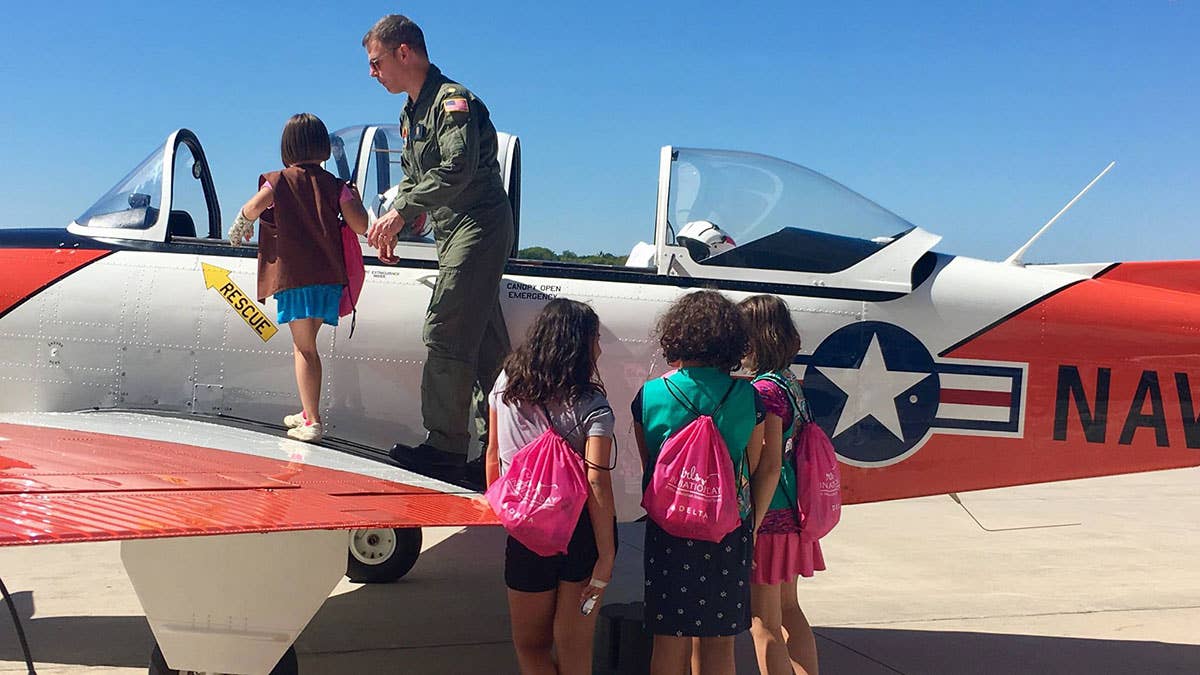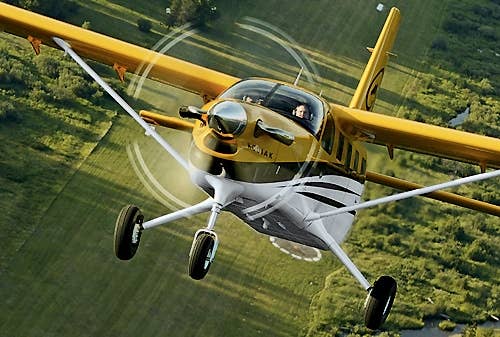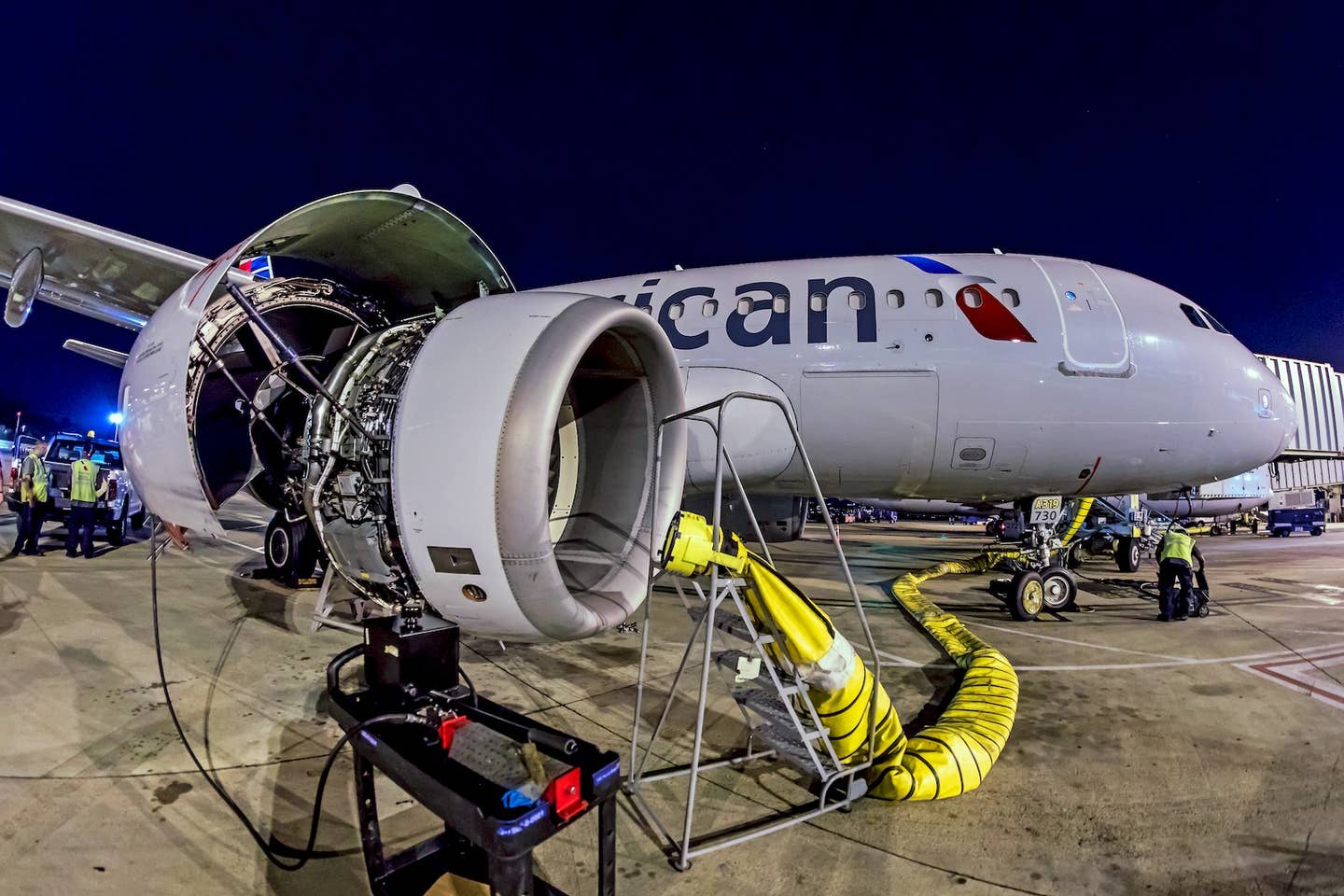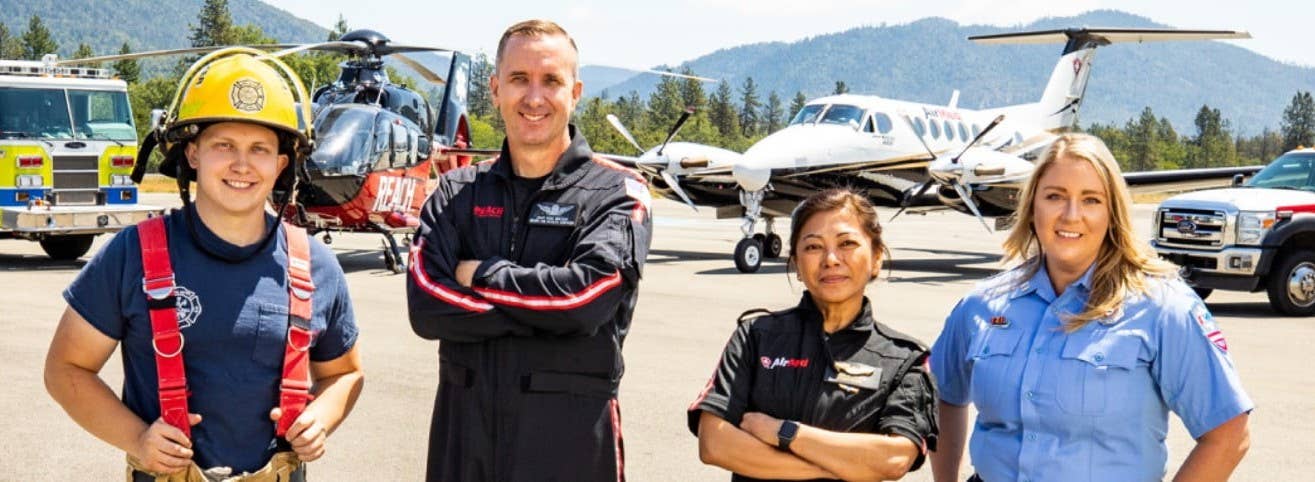What Is an Aviation Consultant?
Experienced professionals advise companies on a variety of topics.
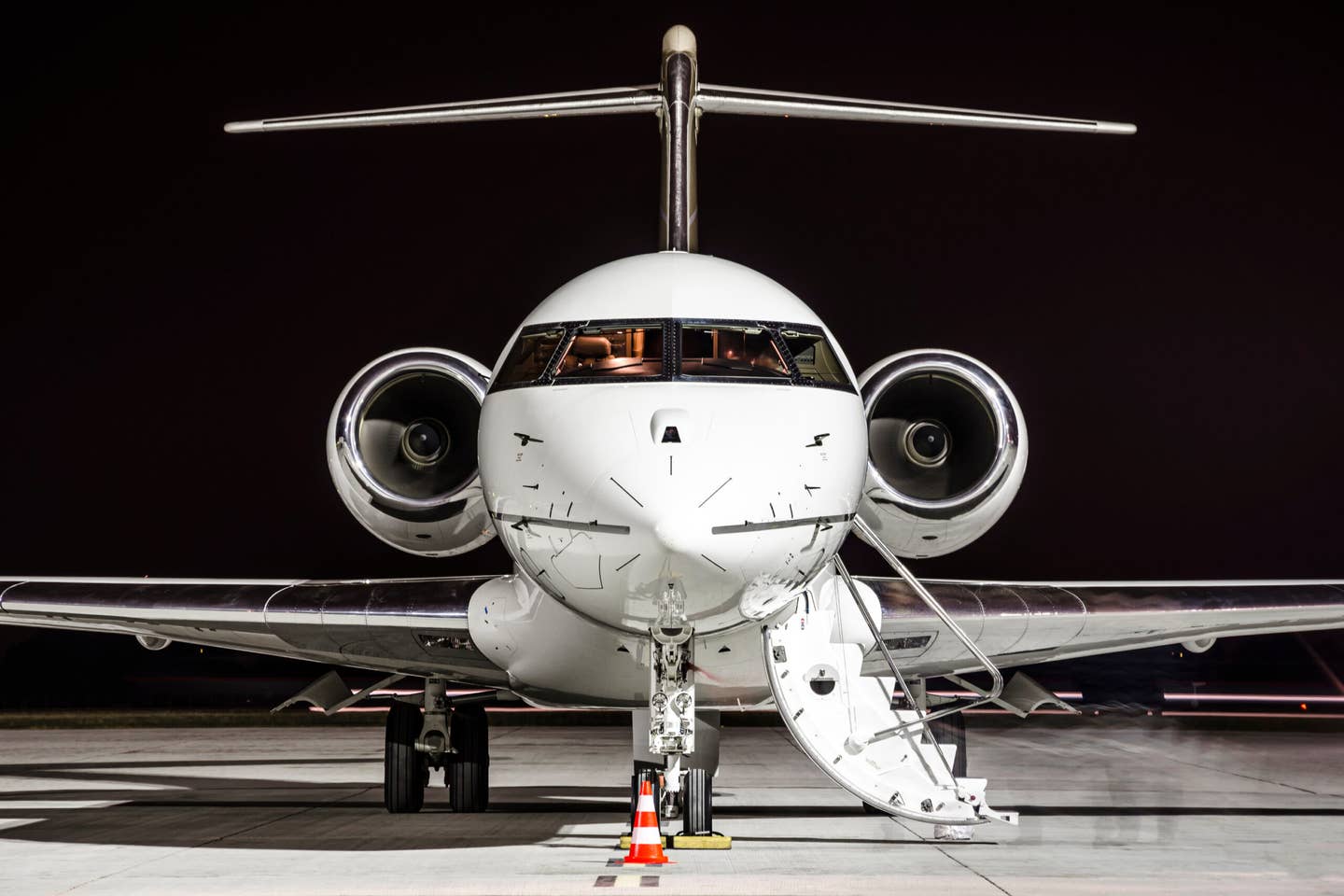
Aviation consultants are a valuable part of the industry [Shutterstock]
Aviation is a wide-reaching industry, and companies regularly seek advice from experienced professionals on how to handle new situations. Aviation consultants are a great solution when companies are seeking advice on operational challenges, safety factors, maintenance practices, and other related issues.
Considering how many variables are present in the aviation industry, the market for consultants is significant. An aviation consultant can cover anything from marketing and public relations to crew training, aircraft and airline certification, and updates to standard operating procedures.
What Makes a Good Consultant?
Consultants tend to be experienced professionals with years or decades of experience in the aviation field. A significant amount of experience is often required.
Most aviation consultants have a degree in aviation management, aerospace engineering, or an equivalent. These degrees tend to come from a two- or four-year university focused on aviation or a school with a reputable program.
Other consultants have spent years in aviation across a variety of roles and companies. A safety consultant may have started as a flight instructor, become an airline pilot, and worked in a training department before beginning their consulting career. Others might have come from the military, worked in a mechanic shop, or served as an apprentice under aviation management personnel.
Ultimately, the value of experience is evident in a sound understanding of aviation policies, procedures, and regulations. The best consultant knows how to take theoretical knowledge and apply it to practical situations presented by a client. This may take the form of not only a great volume of knowledge and experience but also great variety.
A client might not want someone who has done the same job for the past 40 years but rather someone who has taken the time to intimately understand a variety of factors and facets of the same subject. Spending significant time as a flight instructor in addition to an airline pilot, for example, can help a consultant make a stronger case for their expertise in managing flight operations.
How to Become an Aviation Consultant
For many concentrations, becoming an aviation consultant can be relatively quite easy: When you have built up the experience to be an in-demand consultant, simply begin offering your services to those who need them.
Building a reputation takes time, of course, but there may be no special certification to complete on top of what you already have. If you already have the certifications for the consultant field you’d like, you have the experience you need to get started.
Some types of aviation consultants do require higher certification from the FAA. For example, consultants to Part 121 Air Carrier applicants must have additional certifications before they can offer their services to a company applying to be an air carrier.
Such additional certification is required due to the intricacies and complexities of filling out an application to be a Part 121 Air Carrier. Thus, the people who assist new companies with the process must be specially trained in their field.
- READ MORE: The Best Jobs for Pilots After Retirement
Aviation Consultant Salary
On average, aviation consultants make about $80,000 from consulting and $140,000 in total pay from all income sources. There is significant room for advancement in the field, especially as new consultants gain more experience in the field and make way for additional new entrants.
Some companies hire consultants for their aviation sectors, but many aviation consultants are freelance contractors, meaning they have the power to set their own rates to what they consider to be fair.
Why Become a Consultant?
Aviation consultants are a valuable part of the aviation industry. They can help companies into new stages, through crises, or with day-to-day operations.
Though often not required to have additional certifications, consultants are often highly specialized, well-trained, and experienced professionals with the necessary expertise to help companies and clients through any situation that may present itself.
Being a consultant is a great way to continue learning. Guiding others through unique challenges helps consultants learn from a wider variety of situations and people. This lets them apply their knowledge to more scenarios than they might in their regular jobs.
Consulting is a versatile and challenging profession, but it can be incredibly rewarding to see your knowledge and expertise put into practice across the industry every day.

Subscribe to Our Newsletter
Get the latest FLYING stories delivered directly to your inbox

